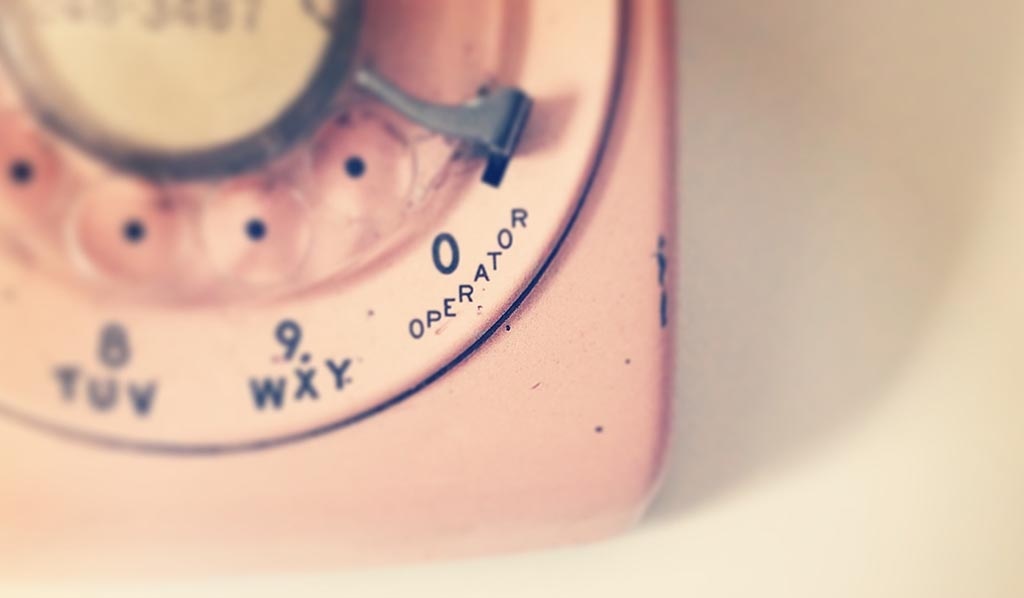When you submit a support request to a company and you don’t hear back, does that make you mad? Does it tarnish your relationship with that organization and motivate you to pursue competitors? I bet it does. And if you applied for a job to that same company and you didn’t hear back, you’d likely feel a similar sentiment. Maybe you’d stop purchasing from them – maybe you’d tell your friends about the experience.
That’s the importance of communication in the candidate experience, and even though it seems like commons sense, it’s not all that common. So when and what should you be communicating with your candidates? Here are the basics:
Application Received / Pre-Screen
A confirmation email in today’s world is simply expected. Anytime you purchase a product online, you know you’re going to receive a confirmation email, and a job application is no different. How would a candidate know that the “Submit Application” button worked properly if you don’t tell them? If you really want to be helpful, provide a deadline by which their application will be reviewed, and outline when possible next steps may occur.
Once their application has been reviewed, the candidate should be notified as to whether they have moved on to the next stage. If there’s potential, the notification should come with all of the details of the screening stage. Who will they be speaking with? What will they be talking about? When might this happen? Make sure your candidates are well-prepared so that both sides can properly assess whether the opportunity is of real interest to them. Companies that are really focused on candidate experience allow the candidate to self-schedule the date for their phone or video screening call, and some organizations accommodate times outside of regular office hours.
Pro Tip: Effective, consistent communication is key to a seamless hiring experience. Learn more here.
For candidates who aren’t a good fit, consider directing them to other opportunities they may be better suited for. This is actually a good thing to do after each stage of the process. Since these candidates have already expressed interest in working for you, you may want to keep them in your prospective talent pool.
Post-Screen / Pre-Assessment
If you’d like to bring the candidate in for an interview, this is a great opportunity to assess them. That way, you’ll have all the information you need before the meeting. Remember: if you decide to assess candidates, you need to ensure that the experience is a positive one. Let them know what the assessment is, how long it’ll take, and why it’s necessary. Nobody wants to feel like they’re taking an assessment that’s going to rule them out or doesn’t accurately represent them, so it needs to be prefaced properly. The less time they have to spend at this stage, the better. Mobile friendliness and easy user experiences contribute to this as well.
Again, for those that won’t be moving beyond the screening stage, communicate that to them and if there is potential, provide them with other opportunities that they may be interested in.
Post-Assessment / Pre-Interview
The interview process is inherently awkward – both parties are trying to assess their level of fit with the other. Proper communication can help to smooth this out. Aside from working with the candidate to schedule a time that works well for them, pre-interview communications should help to prepare them so they don’t feel uncomfortable. If they did take an assessment and there’s a report or other output associated with it, sharing it with your candidate ahead of time is one way to decrease any anxiety. In addition, let them know how the interview process will work, what will be asked of them, and any pertinent information about who they’ll be meeting with. This is similar to preparation for the screening phase, but more in-depth, since the interview is more in-depth as well.
Infographic: Check out our Interviewer Playbook to set up a more effective interview.
Post-Interview / Pre-Decision
While you might expect to receive a follow-up note from your candidate to say thank you for the interview opportunity, hiring is a two-way street and your organization should be doing the same. There will likely be some time that lapses between the interview and when the decision is made, since you’ll probably have other candidates to interview and consider. To keep each candidate engaged, it’s important to inform them on what that time frame might look like, and notify them if there are any delays. You can imagine how agonizing it is to wait for that call or email, and if it takes longer than expected, nasty sentiments can start to bubble.
Looking for hiring insights? Check out the results of the 2018 McQuaig Global Talent Report
Post-Decision
There are two kinds of communications that need to happen at this stage: the congratulatory celebration, and the “thanks but no thanks.” The former is fairly easy to extend as the nature is positive, but there are still some important considerations. First off, you want your excitement to come across to the candidate, so that they too are excited and are motivated to accept your offer over any others they have on the table. Secondly, it needs to contain all of the information that they will need to make the commitment. This includes the necessary paperwork, but also what they can expect in their onboarding phase. The more support that you can provide, the better you’ll be at exemplifying the type of experience they’ll have as an employee.
Nobody likes to be the bearer of bad news, so the latter form of communication is a bit trickier to navigate. However, how you handle these rejections exemplifies how your organization treats people and employees in general. You owe it to your candidate, who has invested time and energy in your application process, to let them know as soon as possible that they haven’t been selected for this position. If you can provide them with feedback that helps them in their future efforts, it’ll be greatly appreciated – but remember to be thoughtful in this process so the conversation remains positive.
And don’t forget: if you have any other current or future opportunities that your applicants may be a great candidate for, let them know and keep them engaged! The conversation doesn’t have to end at the end of the application process.








